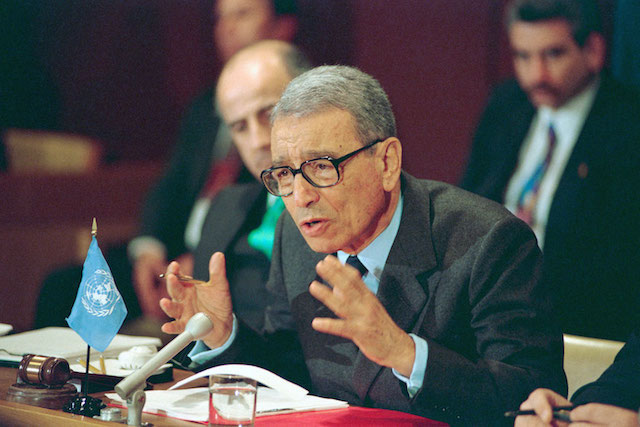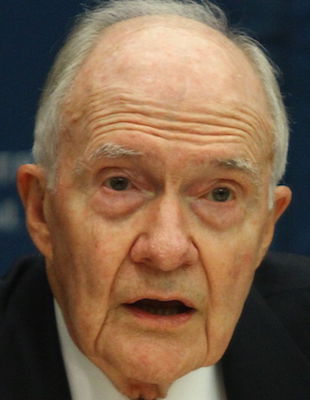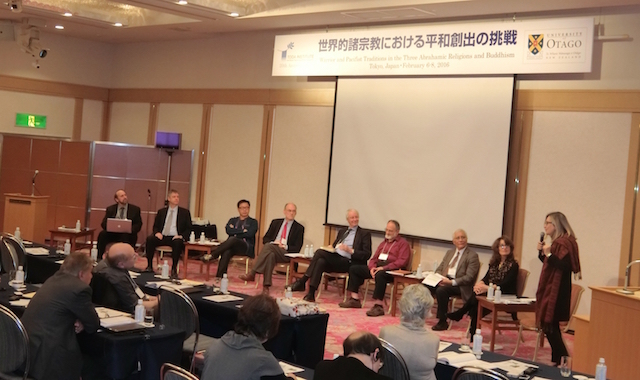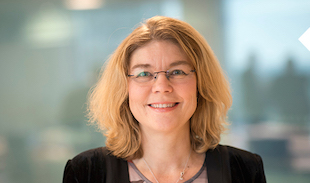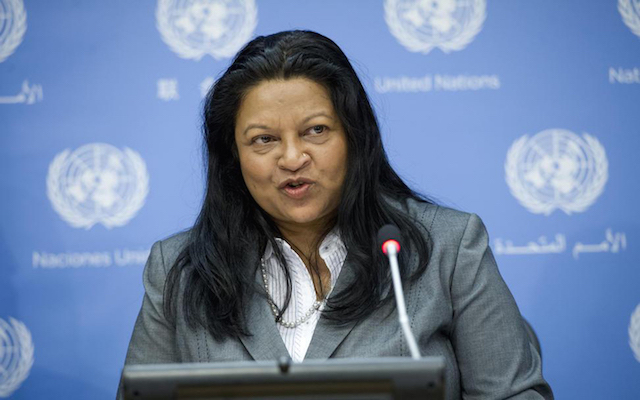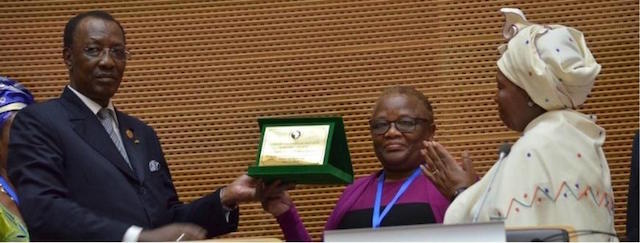By Jonathan Power* | IDN-InDepthNews Viewpoint
LONDON – There are three schools of thought in American foreign policy: two you have heard about and a third that is relegated to the background.
The first and arguably the most prominent is the neo-conservative. These people, in the days of the Soviet Union, were the rabid anti-communists who wanted to beat the Soviet Union into the ground with vastly increased spending on defence.
Today they are the ones who supported the extreme right wing agitators who overthrew the middle-of-the-road president of Ukraine, Wiktor Yanukovich. They supported President George Bush’s wars in Iraq and Afghanistan and want President Barack Obama to intervene in Syria.
The second is the liberal. Liberals have always wanted to seek nuclear arms limitations with Moscow. They wanted an end to apartheid in South Africa. But many of them also believe in directly interfering in a country that is carrying out inhumane policies. They persuaded President Barack Obama to intervene in Libya’s civil war which left a political mess that has become a haven for ISIS. Some of them have argued for intervention in Syria’s civil war. They also, in tandem with the neo-conservatives, successfully persuaded Obama to pursue an anti-Russian policy in Ukraine.

